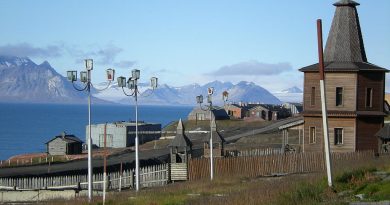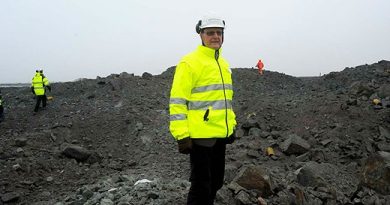Alaska gas line agency signs agreement with Chinese oil company, financial institutions
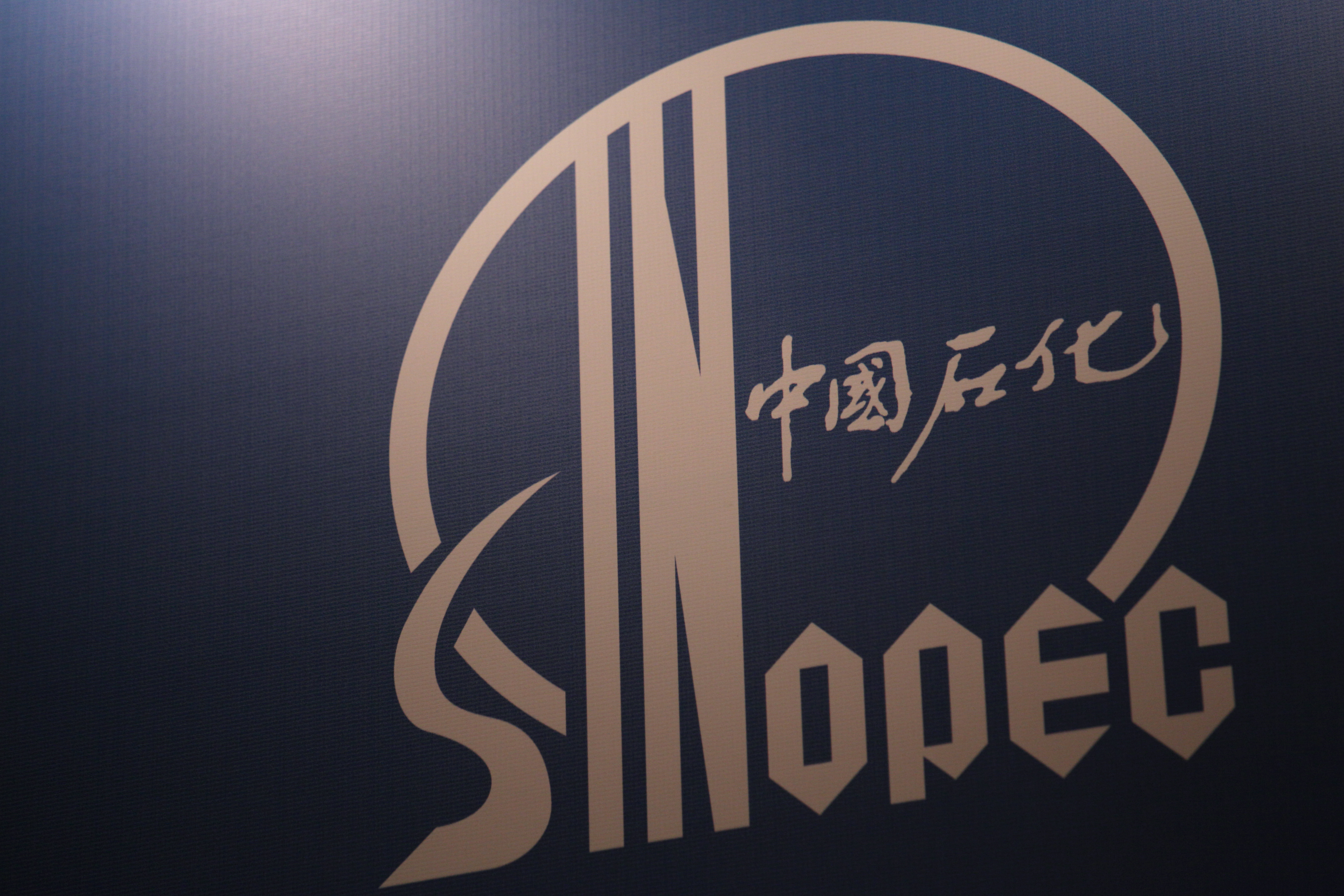
China’s giant state-owned oil company, Sinopec, and a pair of Chinese financial institutions have signed an agreement to advance Alaska’s liquefied natural gas export project, state officials announced Wednesday.
The five-party agreement includes the state of Alaska, its gas pipeline agency — the Alaska Gasline Development Corp. — Sinopec, and the state-owned Bank of China.
In an Alaska twist, the final participant is China Investment Corp., a state-owned $800 billion investment account that’s essentially a Chinese version of the Alaska Permanent Fund.
Sinopec would buy Alaska LNG, Bank of China would lend money, and China Investment Corp. would invest in the project, said Keith Meyer, AGDC’s president.
“We’ve been through the courtship; we’re now engaged,” Meyer told reporters in a conference call late Wednesday.
Not a binding commitment
AGDC said in a prepared statement that the different entities have agreed to cooperate on LNG marketing, financing and investment. But the agreement does not appear to represent a binding commitment by the Chinese entities to invest cash in the LNG project, or a firm promise to buy Alaska gas.
And Bloomberg reported late Wednesday that one Chinese official said senior Sinopec executives weren’t aware of the gas pipeline deal with Alaska.
In a prepared statement, Hugo Brennan, an analyst at energy consulting firm Wood Mackenzie, said the deal was “politically expedient.”
“Yet its non-binding nature gives Sinopec the flexibility to quietly back away from the deal down the line,” Brennan said.
“The most significant step toward finally monetizing Alaska’s natural gas.”
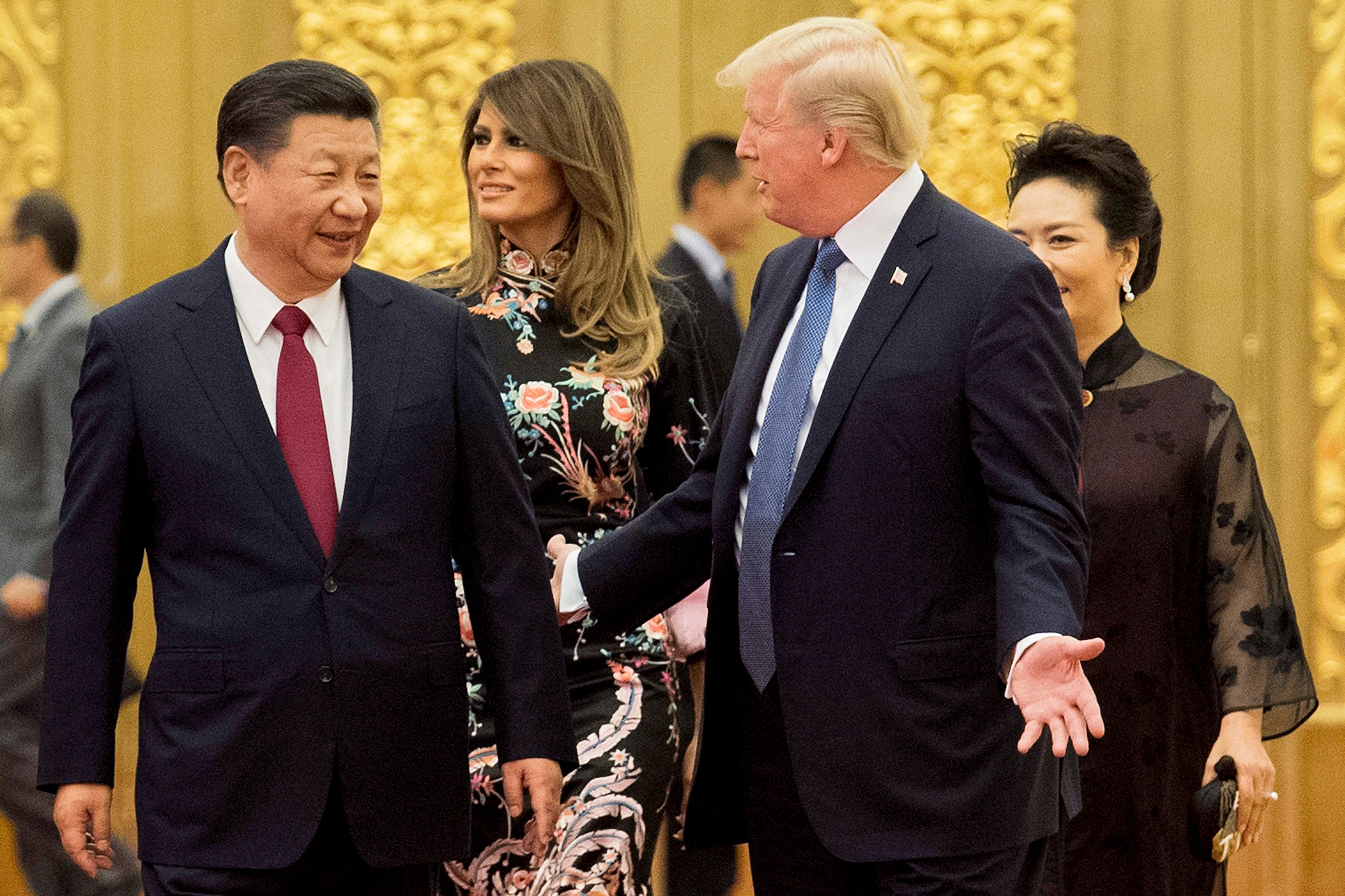
The news of the agreement comes amid a visit to China by President Donald Trump, who’s on a trade-focused trip to Asia. Alaska Gov. Bill Walker also flew to China last week, where he said he’d seek investment deals for the state’s $43 billion LNG project, Alaska LNG.
The agreement was signed Wednesday — Thursday in China — at an event in Beijing, with both Trump and Xi Jinping, the Chinese president, in attendance along with business executives. Fifteen deals were signed in areas that include LNG, vehicles, plane engines and shale gas, according to a White House pool report.
Walker’s office, in a prepared statement, called the LNG deal the “most significant step toward finally monetizing Alaska’s vast resources of natural gas.”
Walker is the latest in a long line of Alaska politicians to push for construction of a gas line, which he describes as a huge economic stimulus for a state facing high unemployment and a recession stemming from a downturn in global oil markets. Revenue from oil taxes and royalties has long covered the bulk of Alaska’s government spending, but a recent price crash has created multibillion-dollar deficits in the past three years.
Thousands of new potential jobs
If the LNG project is actually built, it could create 12,000 jobs and spark a second boom like the one that came with construction of the trans-Alaska oil pipeline four decades ago.
Under its current framework, the gas pipeline would run 800 miles from the North Slope to Cook Inlet in Southcentral Alaska, where LNG would be shipped to Asian markets.
But it’s still far from close to starting construction, without an export license or required environmental permits, and it’s not expected to be finished for nearly a decade.
“There are more steps before a final investment decision,” Larry Persily, who worked as federal gas pipeline coordinator under former President Barack Obama, wrote in an email. “I am curious to see how much the Chinese companies are willing to contribute to paying for those steps during permitting and engineering and design. Or, will the state continue paying 100 percent of those costs?”
A close link with China
China is Alaska’s largest trading partner and leads the world in projected natural gas consumption, as it seeks to reduce carbon emissions and other pollution from coal-fired power plants and diesel engines.
AGDC has been working with China since Xi visited Alaska in April, when both governments discussed LNG and other trade opportunities.
AGDC representatives have made multiple trips to China in recent months, state officials have said.
But the project’s huge cost — more than four times the size of Alaska’s annual budget — has been an obstacle for the state. And Walker’s administration had to beat back an effort by state lawmakers earlier this year to strip cash from AGDC’s budget.
Oil companies ExxonMobil, BP and ConocoPhillips backed out of their pipeline partnership with the state late last year, citing the project’s price tag amid a competitive international market for gas.
AGDC has run the project alone in 2017, trying to reduce costs and find investors and gas buyers overseas. It’s also seeking key permits from the Federal Energy Regulatory Commission and other agencies.
A big player
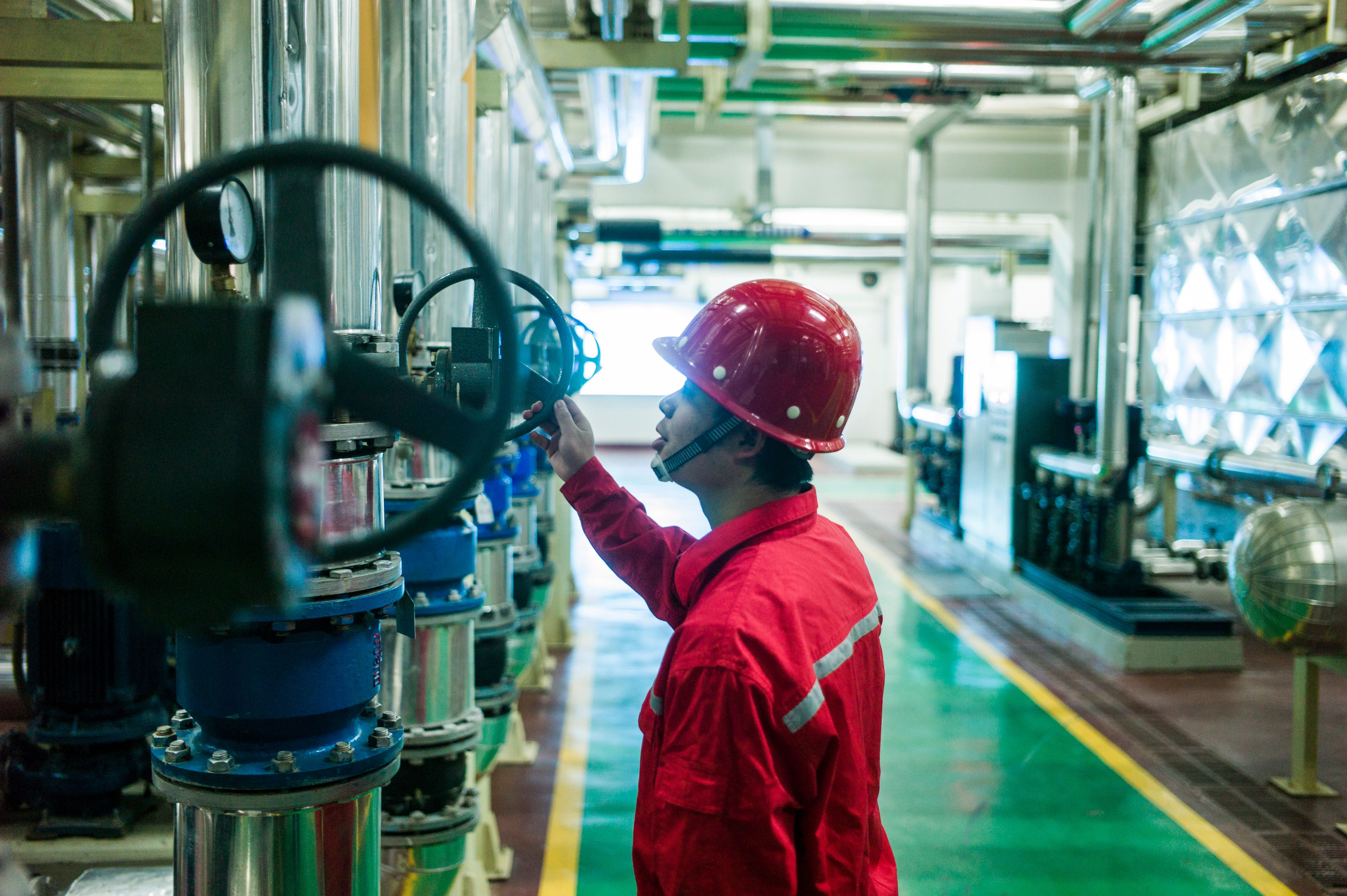
One of Walker’s gas pipeline allies, Merrick Peirce, said in a phone interview Wednesday that the Chinese agreement represents “vindication” for the governor.
While AGDC has signed agreements with other potential Asian buyers — like Korean gas company Kogas — this one is different, Peirce argued, because it involves players at “the highest possible levels.”
“You don’t go any higher than the president of China,” Peirce said. “The Chinese have the capital, and Sinopec is just an enormous company, with almost as many employees as Alaska has residents.”
The company has 713,000 workers, according to Fortune — just shy of Alaska’s population of 740,000.
A decade in the making
In 2008, the Chinese oil giant tried to become part of an earlier version of an Alaska pipeline project.
Sinopec had joined with an Anchorage company, Little Susitna Construction Co., which had applied for an exclusive state pipeline license under the Alaska Gasline Inducement Act. The act dangled $500 million in state incentives for the winning applicant.
Sinopec would have purchased North Slope gas and planned to own the tankers that would have shipped it overseas.
But then-Gov. Sarah Palin and her administration chose TransCanada as the state’s licensee. The Canadian pipeline company pursued an Alaska project until the state paid Transcanada $65 million to buy its project holdings in 2015, as Gov. Bill Walker sought to increase Alaska’s stake in the effort.
Mixed reactions
Lawmakers, in interviews as they emerged from their briefing late Wednesday, had mixed reactions to the announcement.
“I was hoping for a little bit more. It’s kind of a continuation of what we’ve been hearing,” said Kenai Republican Rep. Gary Knopp. “We’re another year and we’ve still got no guarantees.”
But Sitka Republican Sen. Bert Stedman offered Walker an “attaboy for keeping the project going.”
“If it wasn’t for his initiative, going out and looking for a sovereign to come in and help,” Stedman added, “we wouldn’t have a project.”
Related stories from around the North:
Canada: Arctic offshore drilling too dangerous: Trudeau, Radio Canada International
Finland: U.S. pullout from Paris climate pact condemned by Finnish leaders, Yle News
Germany: Cheap oil from the Arctic? Fake news, says climate economist Kemfert, blog by Irene Quaile, Deutsche Welle
Norway: Eni must stop operations on Barents Sea “Goliat” platform, say environmentalists, The Independent Barents Observer
Russia: Big dig in Kola Bay as Novatek takes new steps in Arctic gas project, The Independent Barents Observer
Sweden: Sweden’s climate minister : U.S. withdrawal from Paris sends a bad signal, Radio Sweden
United States: Will Goliat oil field ever become profitable for Norway?, Alaska Dispatch News

